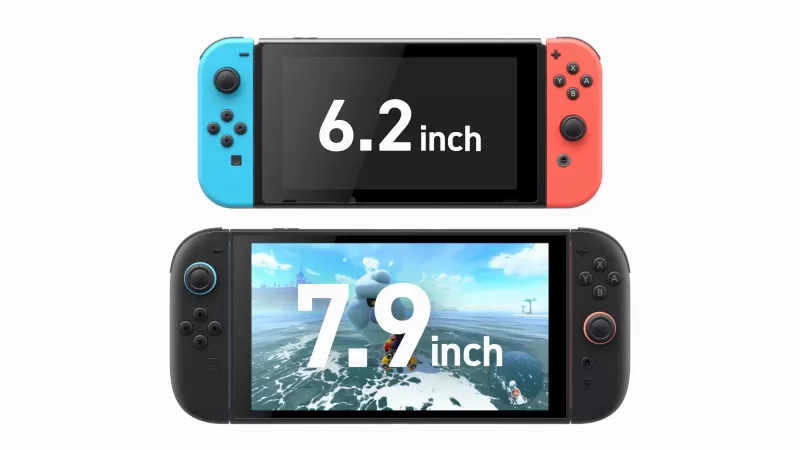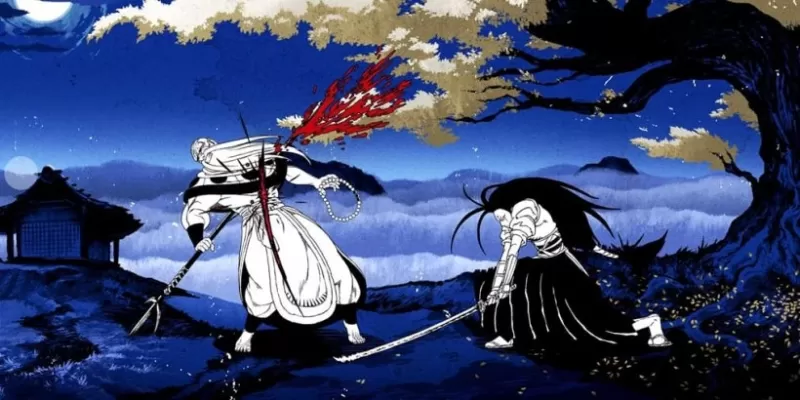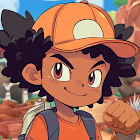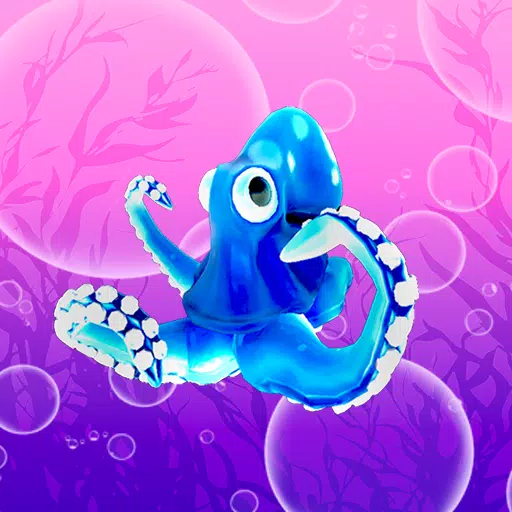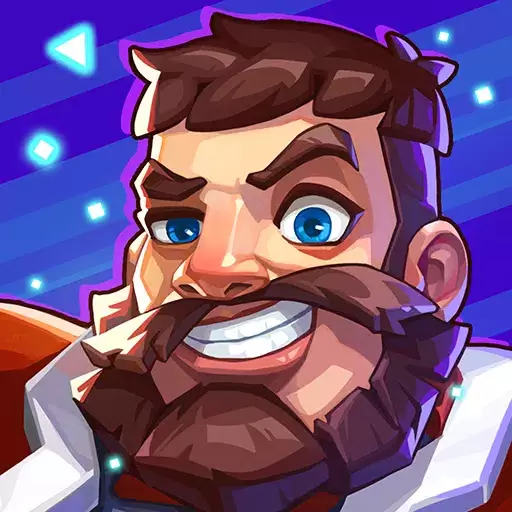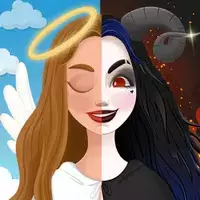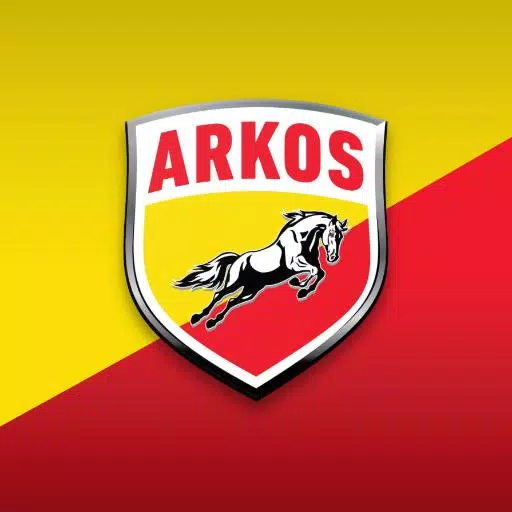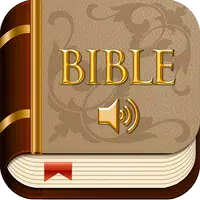Minecraft: a name synonymous with boundless creativity and pixelated adventures. But the journey of this global phenomenon wasn't a simple one. From its humble beginnings in 2009, Minecraft has captivated players of all ages, transforming the gaming landscape forever. This article explores the incredible story of how one person's vision became a cultural icon.
Table of Contents
- Idea and First Implementation
- Active Audience Recruitment
- Official Game Release and International Success
- Version Chronology
Idea and First Implementation
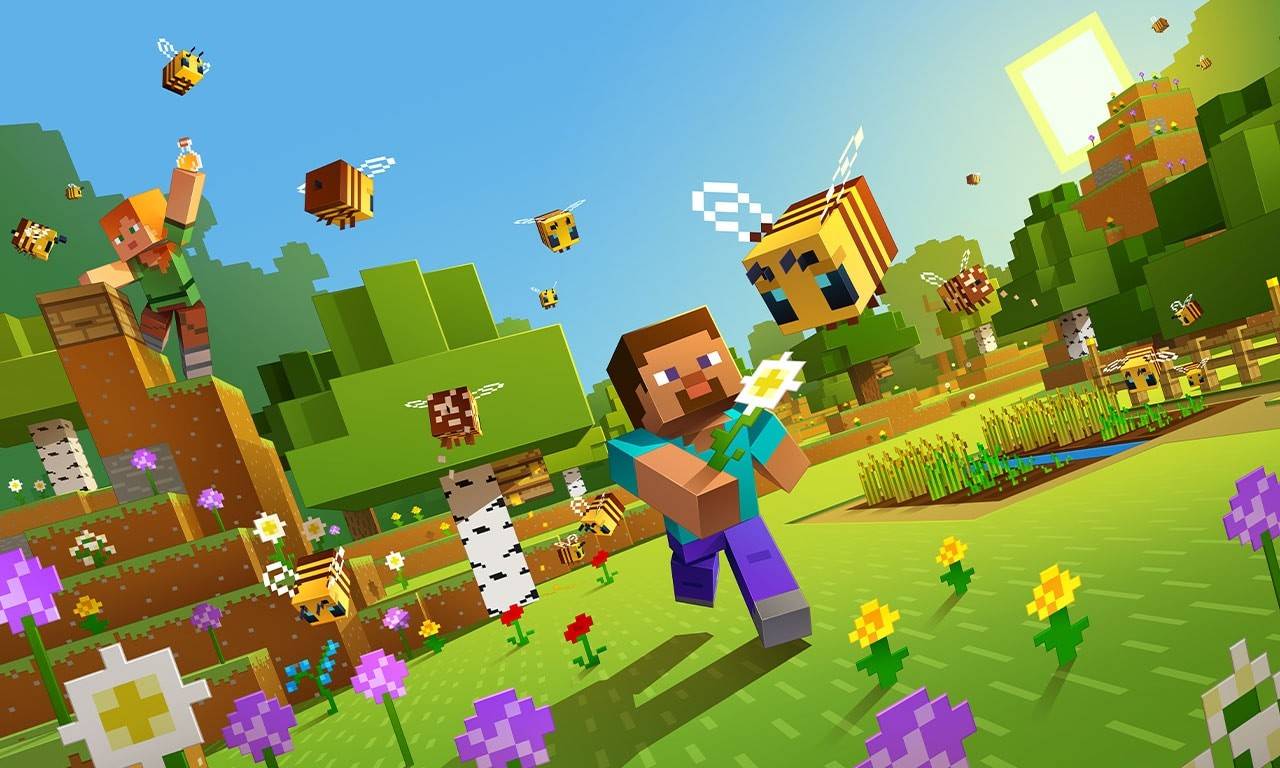
Minecraft's story begins in Sweden, with Markus Persson, better known as "Notch." Inspired by games like Dwarf Fortress, Dungeon Keeper, and Infiniminer, Notch envisioned a game where players could freely build and explore. On May 17, 2009, the alpha version of Minecraft launched—a lightweight, pixelated sandbox experience developed during Notch's time off from King.com. Its simple yet powerful building mechanics instantly captured attention, drawing players into Notch's burgeoning world.
Active Audience Recruitment
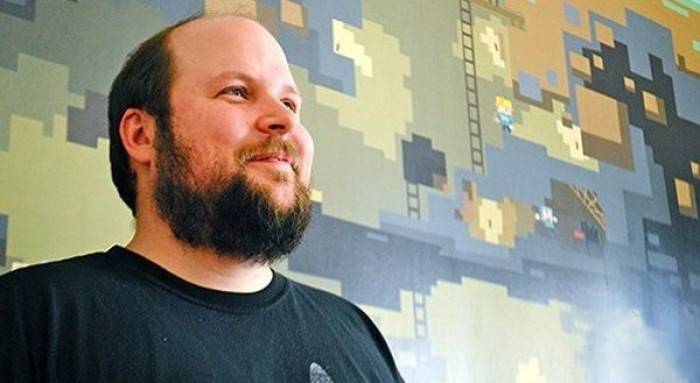
Word of mouth and online buzz fueled Minecraft's rapid growth. By 2010, the game transitioned to beta, prompting Notch to establish Mojang Studios to fully dedicate himself to its development. Minecraft's unique concept and endless creative possibilities resonated deeply. Players built homes, recreated famous landmarks, and even constructed entire cities. The addition of Redstone, a material allowing complex mechanisms, further enhanced the game's creative potential, marking a significant turning point.
Official Game Release and International Success
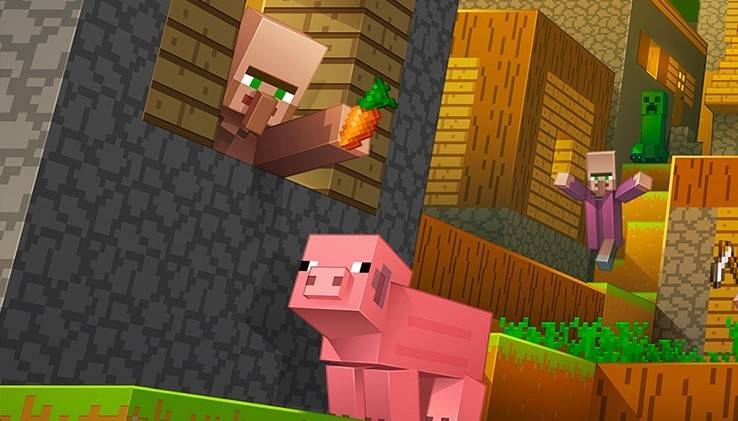
On November 18, 2011, Minecraft 1.0 officially launched to a community already numbering millions. The game's massive and highly active fanbase created modifications, custom maps, and even educational projects. In 2012, Mojang expanded to consoles (Xbox 360 and PlayStation 3), welcoming a new wave of players. Minecraft's appeal to children and teenagers was undeniable, fostering creativity and a unique blend of entertainment and learning.
Version Chronology
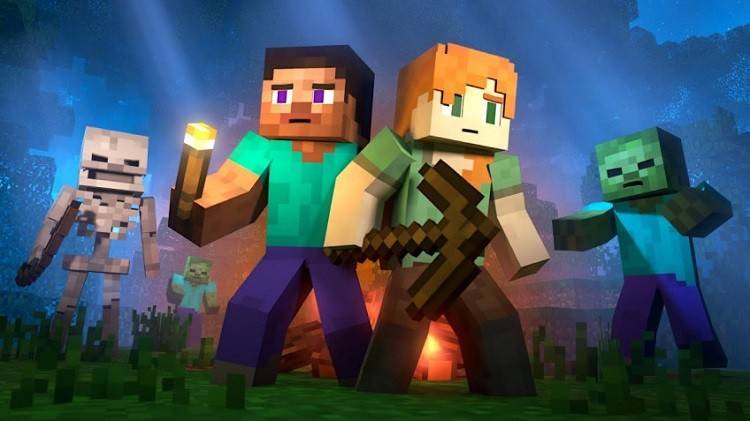
Below is a summary of key Minecraft versions released after the initial launch:
| Name | Description |
|---|---|
| Minecraft Classic | The original free version of Minecraft. |
| Minecraft: Java Edition | Initially lacked cross-platform play; later integrated with Bedrock Edition on PC. |
| Minecraft: Bedrock Edition | Introduced cross-platform play across various Bedrock versions, including PC (with Java Edition). |
| Minecraft mobile | Cross-platform compatible with other Bedrock editions. |
| Minecraft for Chromebook | Available on Chromebooks. |
| Minecraft for Nintendo Switch | Includes the Super Mario Mash-up pack. |
| Minecraft for PlayStation | Cross-platform compatible with other Bedrock editions. |
| Minecraft for Xbox One | Partially Bedrock Edition; no longer receiving updates. |
| Minecraft for Xbox 360 | Support ended after the Aquatic Update. |
| Minecraft for PS4 | Partially Bedrock Edition; no longer receiving updates. |
| Minecraft for PS3 | Support ended. |
| Minecraft for PlayStation Vita | Support ended. |
| Minecraft for Wii U | Offered off-screen play. |
| Minecraft: New Nintendo 3DS Edition | Support ended. |
| Minecraft for China | China-exclusive version. |
| Minecraft Education | Designed for educational settings. |
| Minecraft: PI Edition | Educational version for Raspberry Pi. |
Minecraft's legacy extends far beyond the game itself. It's a vibrant ecosystem encompassing communities, YouTube channels, merchandise, and competitive events. With ongoing updates introducing new biomes, characters, and features, Minecraft continues to thrive, captivating players and inspiring creativity worldwide.


